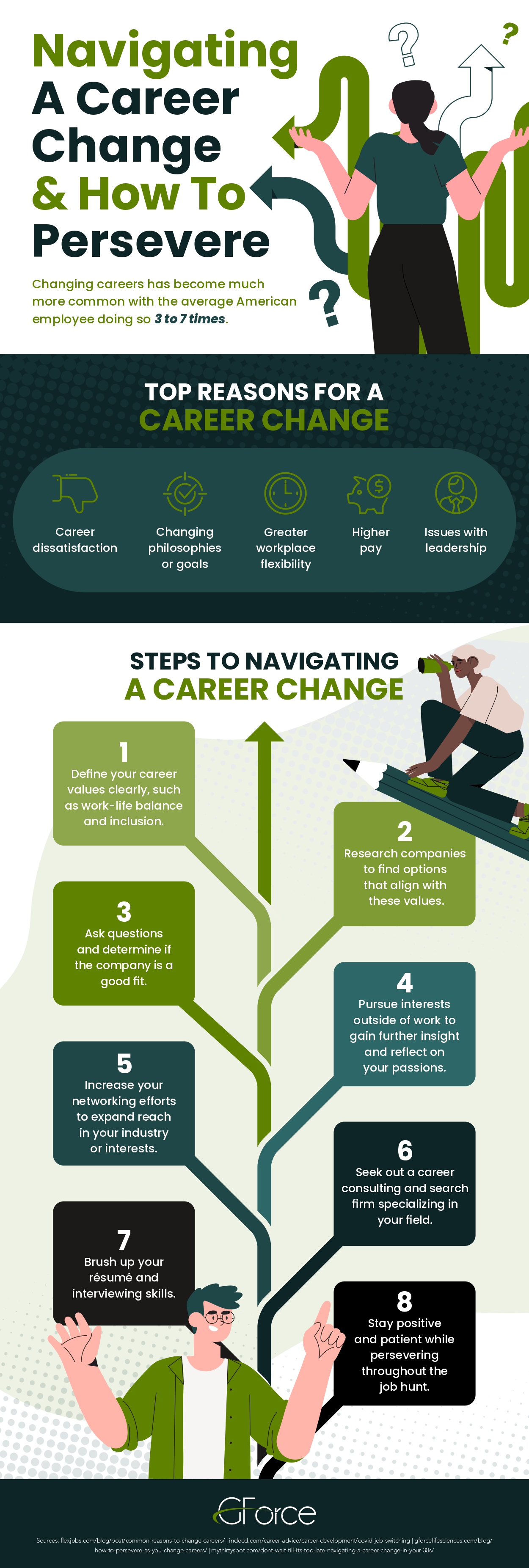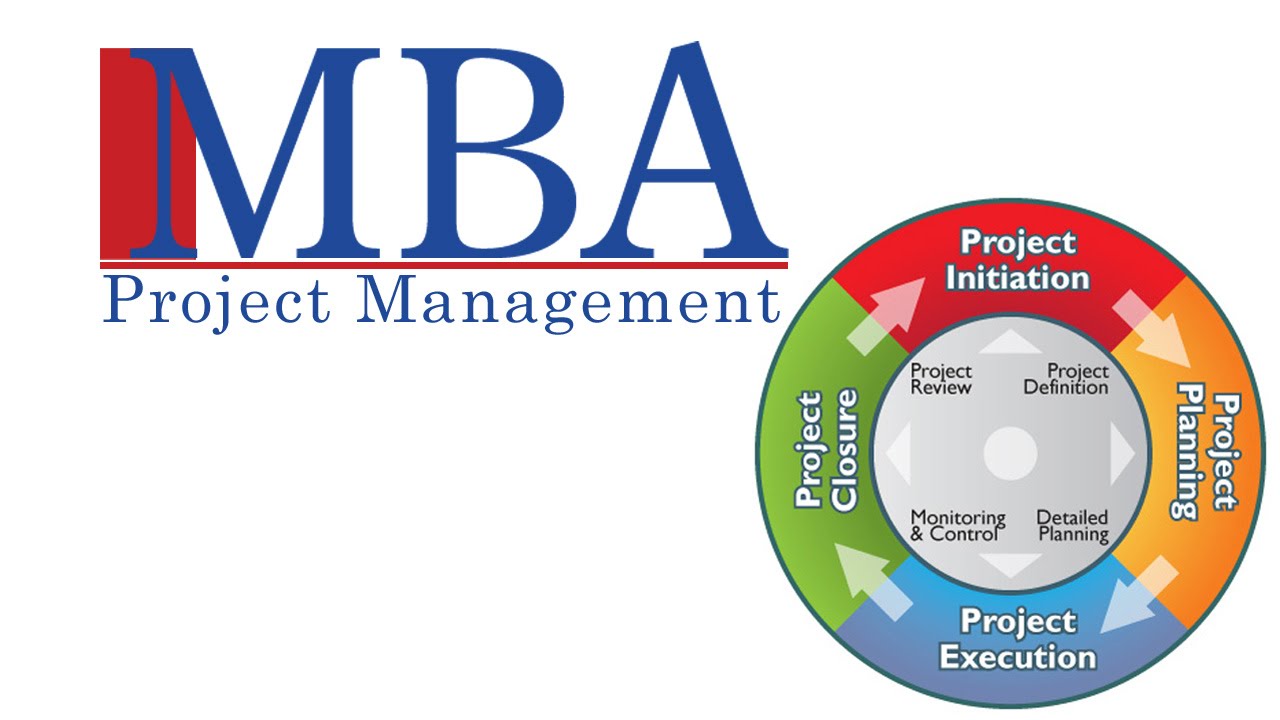In the past, the norm was to remain in a single job for extended periods, if not an entire career. Today, however, the average American switches jobs between 3 to 7 times. Motivations for these changes vary, ranging from the pursuit of higher pay to escaping workplace challenges related to differing values, leadership styles, and philosophies. Post-pandemic, the desire for increased workplace flexibility has become a prominent factor, with workers nationwide seeking a healthier work-life balance.
Regardless of the driving factors, navigating a job or career change can be challenging. If you find yourself in an unfulfilling job and are unsure about making a move, you’re not alone. Below, we’ll explore practical tips to help you successfully navigate a job or career transition.
One of the initial steps is to take a moment to evaluate your priorities. Reflect on the aspects of work that matter most to you, such as opportunities for professional development, a sense of purpose within the company, transparency, and workplace initiatives like inclusivity or sustainability. Consider the stressors in your current role and reflect on how they might be alleviated through a change. Similarly, identify your favorite aspects of your workday.
This introspective process helps define the values and motivators guiding your work, serving as a foundation for your job search. Use these insights to formulate questions during company research and interviews. Thoroughly investigate potential employers by perusing reviews and social media accounts, and consider reaching out to them directly through various channels to determine if the company aligns with your goals.
Simultaneously, it’s advisable to engage in other interests, activities, or hobbies outside of work. This not only provides stress relief but also aids in identifying your true passions and understanding how they may align with your professional pursuits. Seeking support from career consultants or job search firms specializing in your industry or field of interest can also be beneficial.
Lastly, maintaining a positive mindset is crucial. Incorporate affirmations into your workday, navigate negative encounters with resilience, and approach new opportunities with optimism. Best of luck!
For more insights on navigating a career change, refer to the accompanying resource for additional information.

Infographic provided by GForce Life Sciences, a medical device consulting firm



